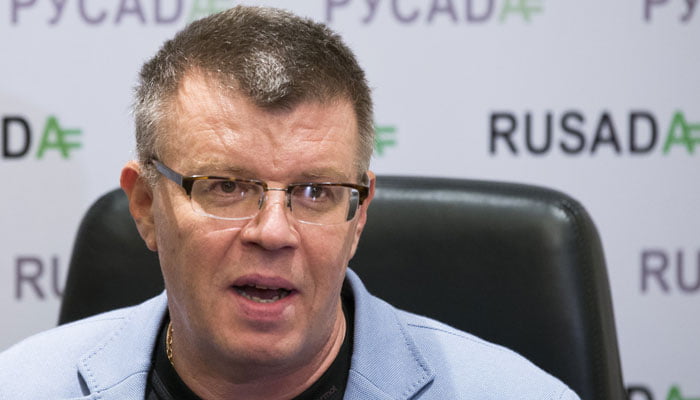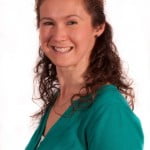The IAAF on Friday provisionally suspended Russian athletes from international competition, potentially putting their participation at next year’s Rio de Janeiro Olympics in jeopardy.
WADA’s executive committee will meet in Colorado Springs, outside Denver on Tuesday before a full meeting of the agency’s foundation board on Wednesday, where officials are expected to rule that Russia’s anti-doping body (RUSADA) has been non-compliant with its code.
 The board will also consider a range of recommendations made by the independent panel to strengthen WADA.
The board will also consider a range of recommendations made by the independent panel to strengthen WADA.
The global anti-doping body had already suspended Moscow’s main drug-testing laboratory, whose director resigned last week.
WADA President Craig Reedie said in a statement on Friday the current scandal represented the “tip of the iceberg” and that a new approach was needed to keep drugs cheats firmly on the defensive.
“To truly tackle the scourge of doping, the anti-doping community must further improve the approach that has been employed to date; and, above all, the resources that are attributed to it,” he said.
Punching above weight
Reedie said while WADA had “punched above its weight” in the first 16 years of its existence, there was broad recognition that the body required greater resources to tackle doping effectively.
WADA obtains its funding equally from the International Olympic Committee and state governments around the world.
However the level of annual funding around 26.8 million in 2015 has remained largely flat over the past decade, barely keeping pace with inflation and leaving WADA struggling to keep up.
WADA director general David Howman has repeatedly complained that funding has failed to reflect the vast amounts of cash pumped into all sports over the past decade, and recently contrasted the rise in salaries paid to top footballers over the same period.
“When I started at WADA, Wayne Rooney was being paid 4 million a year by Manchester United,” Howman told the BBC in an interview.
“He’s now being paid something like 30 million. We were getting 20m when he first started, we’re now getting 30m.
Sport is saying to us ‘Your money should be increased’ but they are not doing it in the same proportion.”
As well as the funding issue, WADA officials this week will also discuss ways of strengthening its international investigations unit and improving the system set up to encourage whistleblowers.
The independent panel last week recommended that greater protection needed to be offered to anonymous sources that may be willing to come forward.
The panel also took aim at the “inherent conflicts of interest” that existed between WADA’s Executive Committee and larger Foundation Board, which includes many government representatives.
The panel recommended WADA consider setting up a separate disciplinary body with the power to make rulings on non-compliance.
[“source-ibnlive”]





